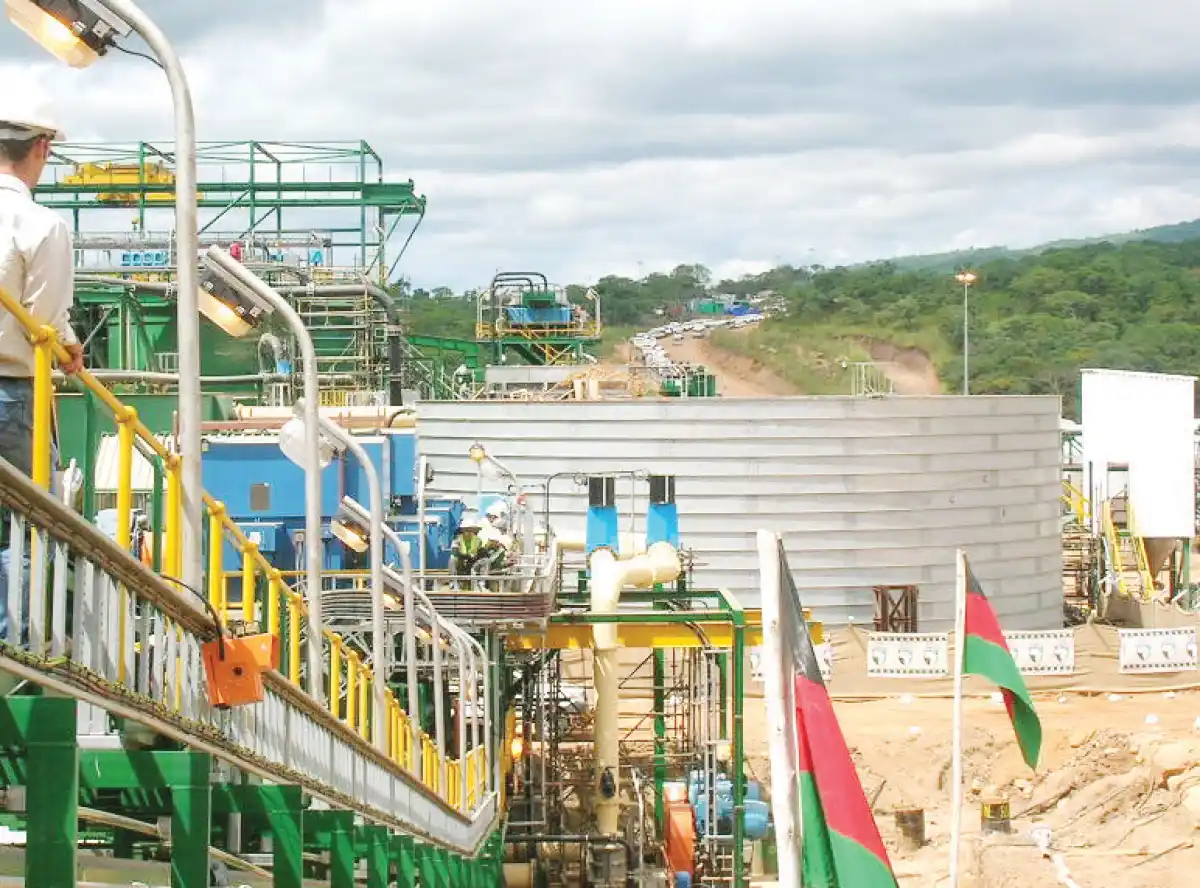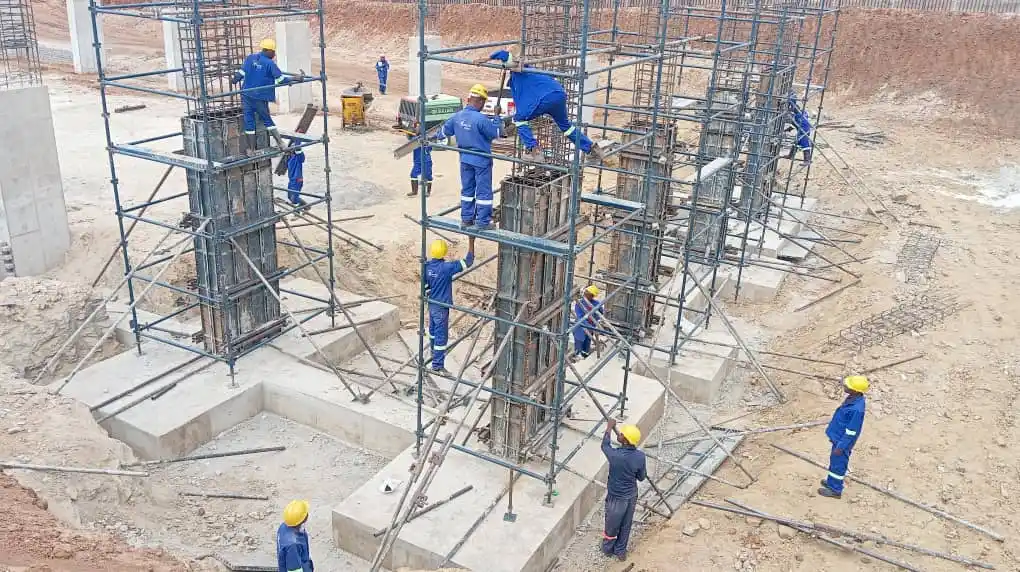
By Mercy Matonga:
Civil society organisations (CSOs) working in the environmental justice sector have warned that the resumption of the country’s major mining operation, Kayelekera Uranium Mine, is risking a future major environmental catastrophe.
According to them, the exit plan of the company now operating the mine runs short of meeting international standards.
The fears are carried in various reports and correspondence between activists and responsible government agencies.
According to the reports, chief among the fears of the activists is that the plan by Lotus, the major shareholder in the mine located in Karonga, has gaps that will leave behind radioactive material once the mining company leaves the mining site.
The environmentalists argue that the plan has no contingency funds for repair of any environmental damage.
They further claim that resources for monitoring and managing the period after decommissioning are inadequate, noting only $10 million has been included as a fund to support monitoring for just 10 years after closure of the mine.
The burden for extra years, argue the CSOs, will fall on Malawian taxpayers, according to a letter dated March 19, 2025.
The letter is addressed to the Ministry of Mining and the Malawi Environmental Protection Authority (Mepa) and the Wildlife and Environmental Society of Malawi (Wesm).
They say the plan “glaringly fails to meet international safety standards and exposes Malawi to catastrophic environmental, health, and legal risks.”
On the technical aspect of the monitoring, the CSOs argue that the provision of testing groundwater only once, with no long-term checks for uranium/radium leaching, is also a major concern.
“Those reviewing this plan today bear a non-delegable duty to future generations. Uranium’s hazards last billions of years—approving a flawed cover system constitutes a betrayal of intergenerational justice,” reads part of the letter.
The letter further calls for an immediate amendment of the closure plan order to align with the IAEA guidelines.
They say in the absence of relevant Malawian laws, the country risks embarking on projects with remedial costs far exceeding the mining benefits.
Wesm Mzuzu Chapter Vice Chairperson, Emmanuelle Desjardins Roy, confirmed the authenticity of the letter, saying the CSOs were concerned over the Kayerekera closing plan.
Roy further expressed concern over the lack of interest from both Mepa and the Ministry of Mining on the issues raised.
But in an interview, Director for the Mining and Minerals Authority, Samuel Sakhuta, said the government was surprised by the concerns over the decommissioning while the mining is not in operation yet.
“You may remember that Kayerekera operated some time back. People keep on saying negative things about mining operations.
“As a Malawian, did you hear of any reported cases in Karonga as a result of Kayerekera mine operations? Malawians need to be told the truth issues with imperial evidence,” Sakhuta said.
He added that Lotus is revising its Environmental and Social Impact Assessment.
“I believe that if there could be concerns, mitigation measures will be captured in the Environmental Social Impact Assessment document being developed by the company,” Sakhuta added.
ASX-listed Paladin Energy previously owned Kayelekera Uranium Mine. It operated it between 2009 and 2014.
Lotus Resources bought Kayerekera mine in 2019 and is expected to resume mining operations in September this year.








0 Comments